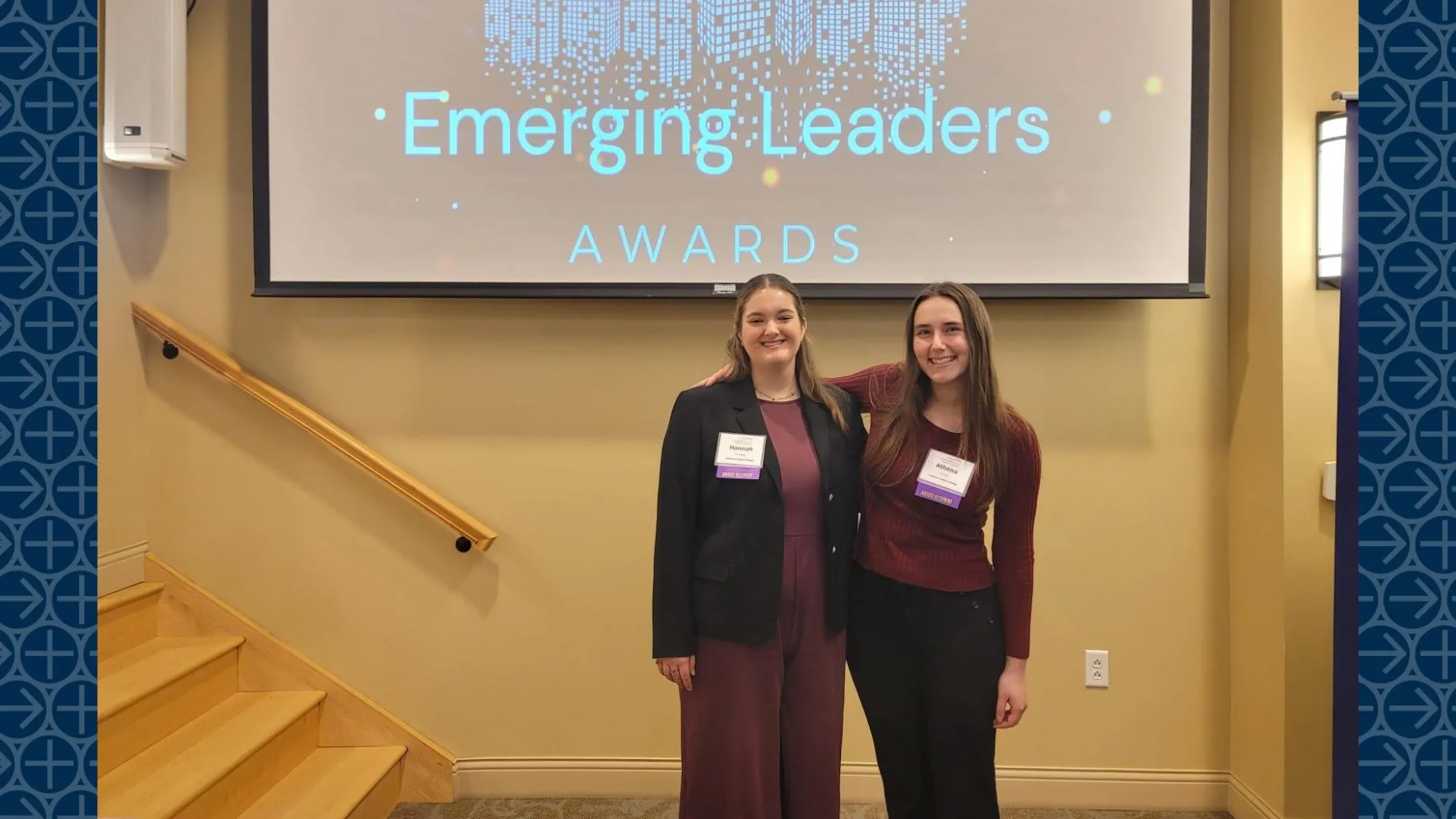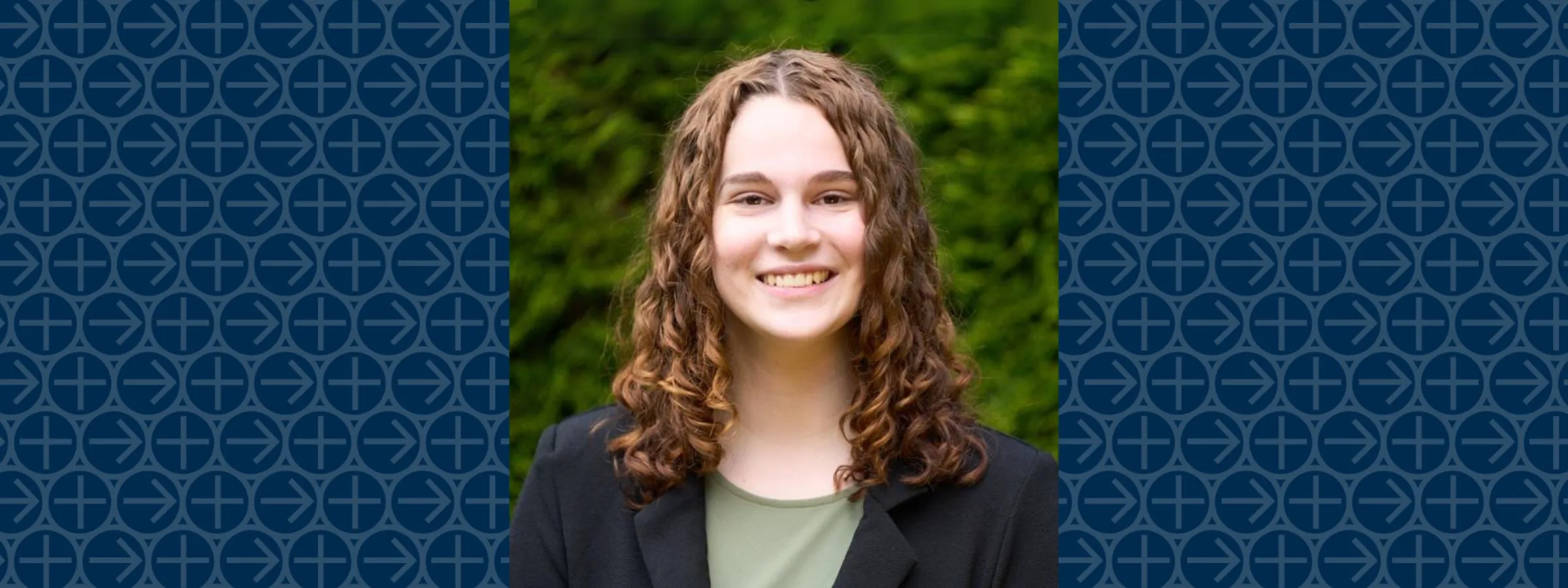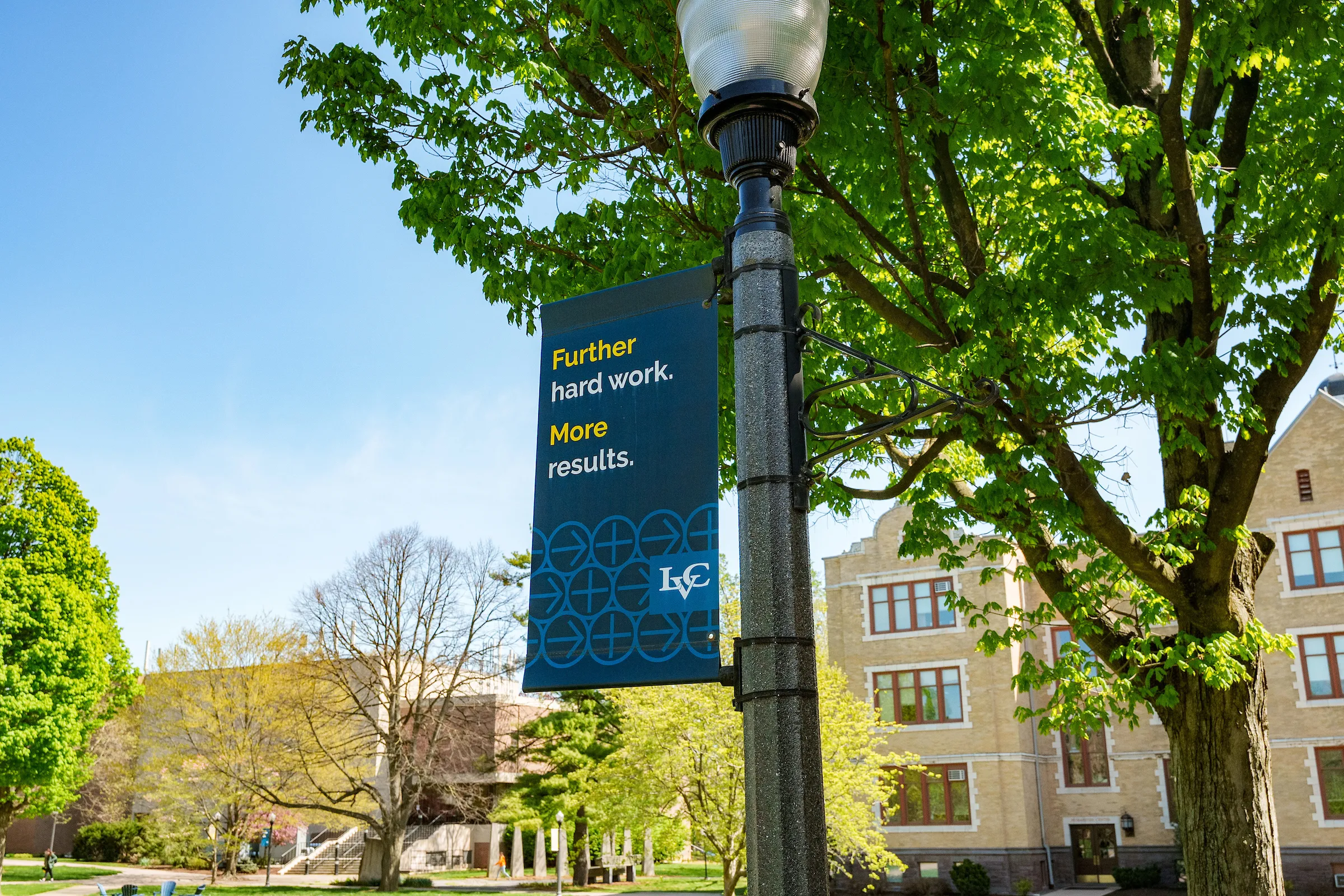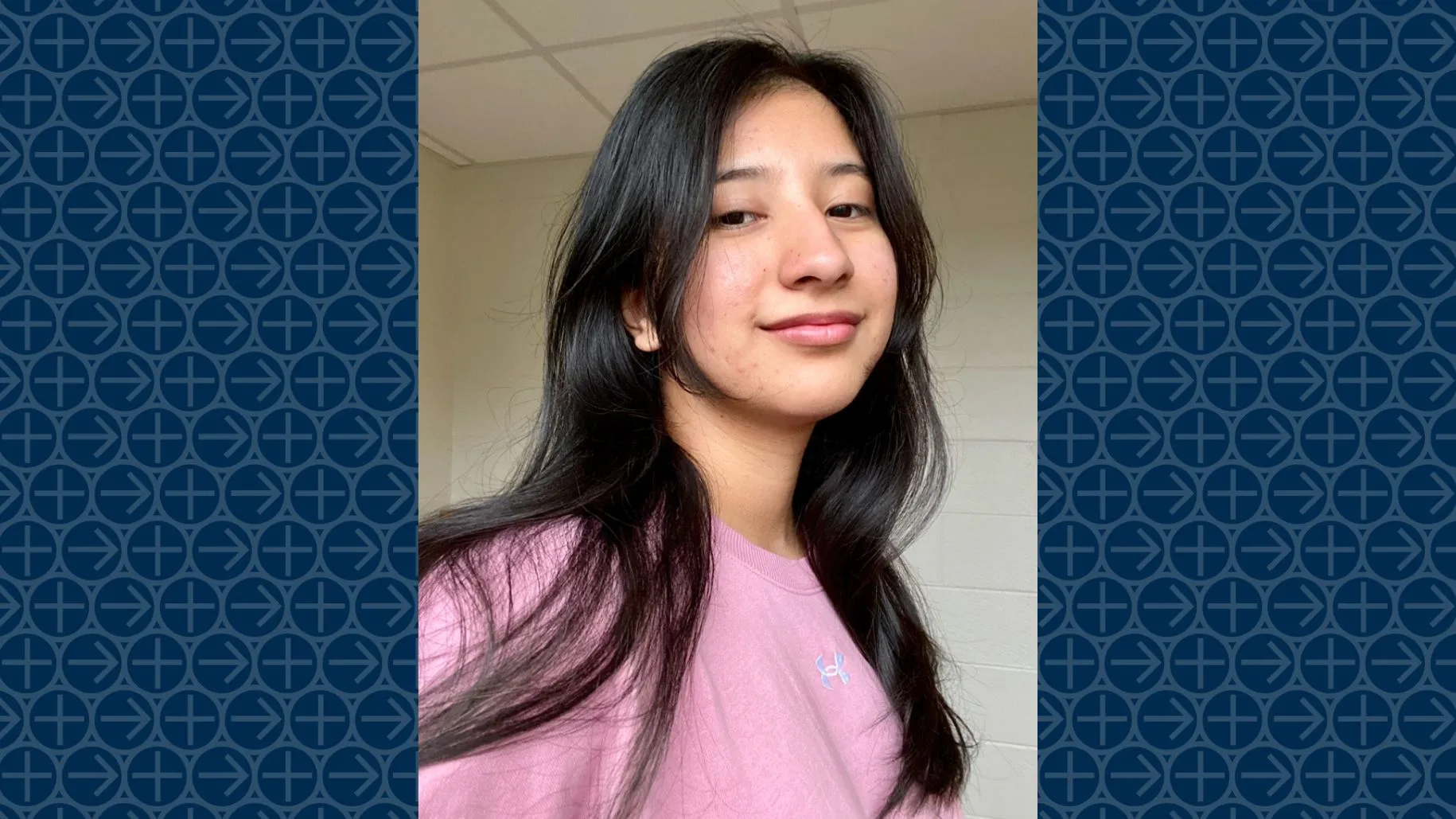
LVC News
- Accounting
- Accounting/MBA 3+1
- Actuarial Science
- Allwein Scholars
- Alumni Profiles
- Athletic Training
- Athletics
- Awards
- Biochemistry & Molecular Biology
- Biology
- Breen Center
- Business Administration
- Campus
- Chemistry
- Clinical Exercise Physiology
- Clinical Mental Health Counseling
- Community Service
- Computer Science
- Creative Arts
- Creative Writing
- Criminal Justice
- Data Science
- Digital Media
- Economics
- Education
- Engineering
- English
- Environmental Science
- Esports
- Exercise Science
- Faculty Profiles
- Gallery
- German
- Giving
- Graduate Studies
- History
- Honors
- Intelligence and Cybersecurity
- Interaction Design
- International Business and Policy
- LVEP
- Marketing
- Mathematics
- MBA
- Medical Humanities
- Medical Laboratory Science
- Music
- Music Education
- Music Production
- Neuroscience
- Nursing
- Physical Therapy
- Physics
- Political Science
- Pre-Law
- Pre-Medical Professions
- Psychology
- Self-Designed
- Social Justice and Civic Engagement
- Sociology
- Spanish
- Speech-Language Pathology
- Sport Performance
- STEM Education
- Student Profiles
- Study Abroad
- Sustainability
- Transfer
- Undecided/Exploratory
Mastering Intelligence & Security Studies at LVC

Sara Hopper’s career journey has been firmly rooted in the fields of intelligence, security, and threat assessment.
Before enrolling in the Master of Science in Intelligence & Security Studies (MSISS) program at Lebanon Valley College, she gained valuable experience through internships and research assistant roles, focusing on active shooter incidents and threat assessment. Her current position as an intelligence analyst at Foresight Security Consulting in Oregon has provided her with essential tools and knowledge that she uses daily.
For Hopper, the MSISS degree is a valuable opportunity for growth in the field. She says program’s flexibility, affordability, and applicability make it a perfect fit for her educational goals.
“For me, an MSISS degree will open various doors and benefit me in multiple ways,” Hopper said. “It builds off my undergraduate degree in Forensic Psychology and helps grow my understanding of various topics that I will encounter in my career. This program offers a comprehensive approach to security and intelligence topics in classes, providing knowledge that can benefit me in my current job and any future jobs in the intelligence community.”
Hopper has enjoyed applying what she learns in her analysis papers. These assignments allow her to bridge the gap between theory and practice, enabling her to see how the knowledge she acquires plays out in real-life scenarios.
“One class that provided a lot of applicable information was critical infrastructure protection, as it helped me to understand the threats facing the different critical infrastructure sectors that I may interact with in my job,” she said. “Another way that I use the information from analysis papers is to understand various geopolitical tensions and national security threats, which can be beneficial for analyzing how specific international or national events may lead to increased threats against clients.”
Hopper’s ability to apply what she learns enhances her understanding of how security and intelligence concepts are put into action.
As Hopper continues her studies, she is poised to make meaningful contributions to the intelligence community building upon her rich background in threat assessment and security.




